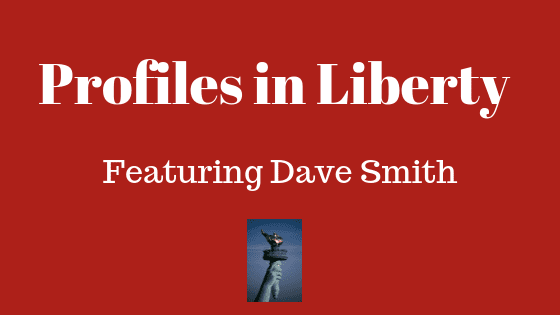
By Dave Smith, Senior Contributor, USADC.
Penn’s Forest: Fertile Soil for Liberty
William Penn (1644-1718)
“That all persons living in [Pennsylvania] … shall, in no ways, be molested or prejudiced for their religious persuasion, or practice, in matters of faith and worship, nor shall they be compelled, at any time, to frequent or maintain any religious worship, place or ministry whatever. “ – William Penn, from the Frame of Government (1682).
Perhaps one of the most recognized – and most important – written safeguards of liberty is the First Amendment to the US Constitution and its guarantee and protection of religious freedom. But before there was a Bill of Rights, even before there was the United States, there was a haven of religious freedom in the New World started by a visionary who saw his colony as the “seed of a nation”.
William Penn was a practicing Quaker who came to America personally mindful of the toll of religious persecution. The “Society of Friends” was eyed suspiciously by the British Crown because of their belief of equality of all men before God and the law; this led to their refusal to swear oaths of loyalty to the King or to abide by government-enacted guidelines for worship. They were considered heretics for their belief in the sanctity of the individual.
Penn himself had been singled out while at Oxford for his free thinking; he faced fines and reprimand for engaging in debate and discussions with a former dean. Eventually, he was expelled for refusing to submit to worship restrictions that violated his conscience.
After leaving Oxford, he was arrested for associating with a Quaker group, for preaching in public, and for writing religious literature. Faced with the choice of a life sentence in solitary confinement or being released if he would renounce the Quakers, his gave a resilient, resounding response: “My prison shall be my grave before I will budge a jot; for I owe my conscience to no mortal man.” His trial led to the arrest of the jury for failing to abide by the unjust instructions of the judge; subsequent legal action led to the establishment of habeas corpus and independent juries in England.
Penn’s father was a respected Admiral of the British Navy and had connections to King Charles. William was freed from prison to lead an exodus of Quakers to America, with William being made sole proprietor of a colony that would be named Pennsylvania – “Penn’s Forest” – in honor of his father.
Penn immediately set out to make Pennsylvania a place marked by guarantees of free enterprise, religious freedom, property rights, fair elections, and trial by jury where all were free to live and worship. His developed a Frame of Government and a sort of Bill of Rights known as the Charter of Libertie. The documents were innovative in that they restricted his own power, set up a bicameral legislature, established term limits, and included a formal amendment process.
As a result of the guarantees of religious liberty for all, such minorities as Mennonites, Amish, Catholics, and Jews joined Quakers in the new colony, hailing not just from England but from across Europe as well. Pennsylvania became a hub of freedom in the New World thanks to the brilliant vision of William Penn.
Born in the same county as Davy Crockett in East Tennessee, Dave found his way to Texas where he works in the petrochemical industry. He’s written and spoken about politics on various media outlets including Fox, ABC, and Townhall. He is a graduate of Tennessee Tech with a degree in chemical engineering. Dave writes a popular feature at USDR called “Dave Smith Said That”. Follow Dave on Twitter: @semperlibertas.
